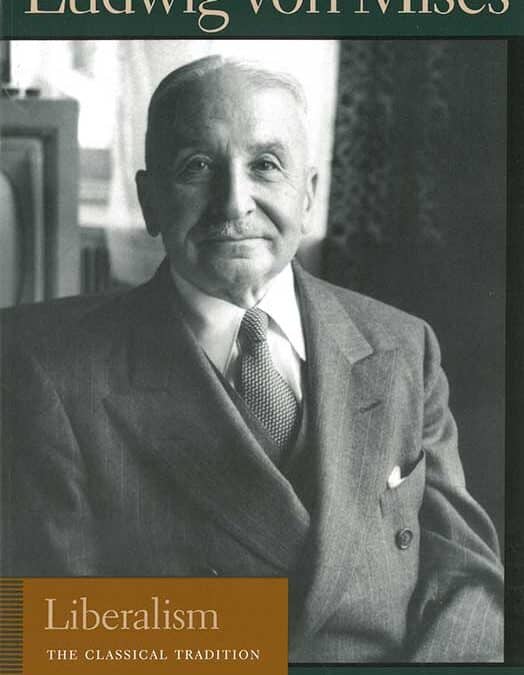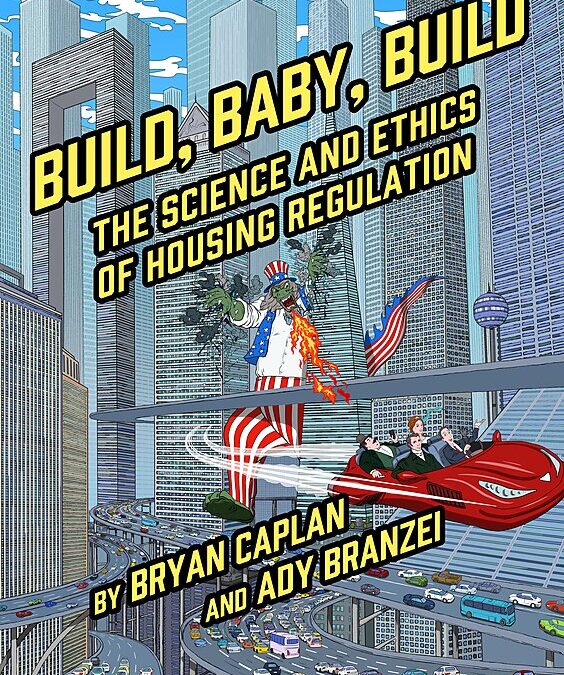If Jeff Bezos is as good as his word, the advocates of full liberty will owe him a standing ovation. As everyone knows by now, Amazon.com founder Bezos, one of the greatest entrepreneurs of all time—a man whose profit-making activities have benefitted mankind...

















